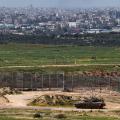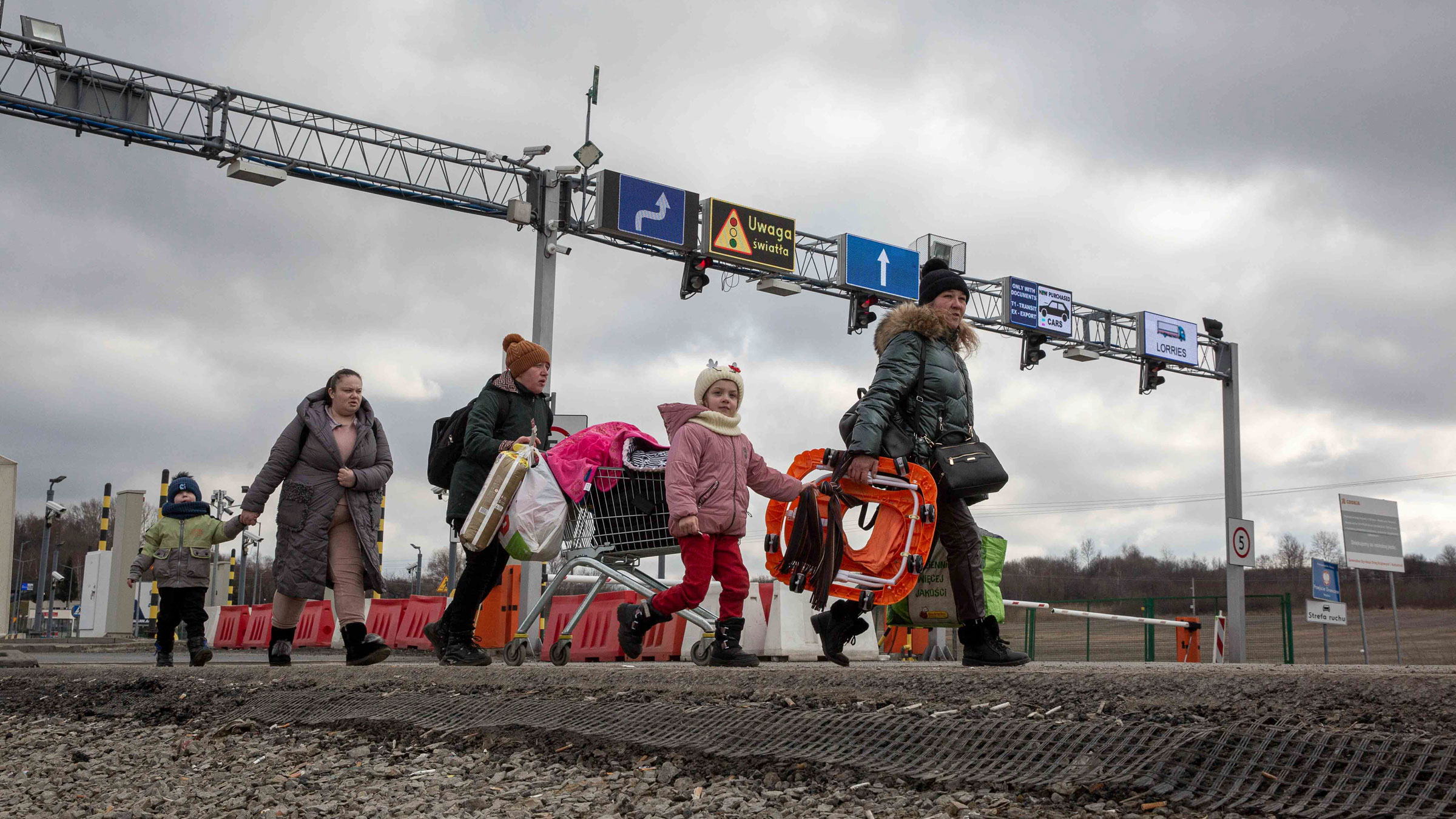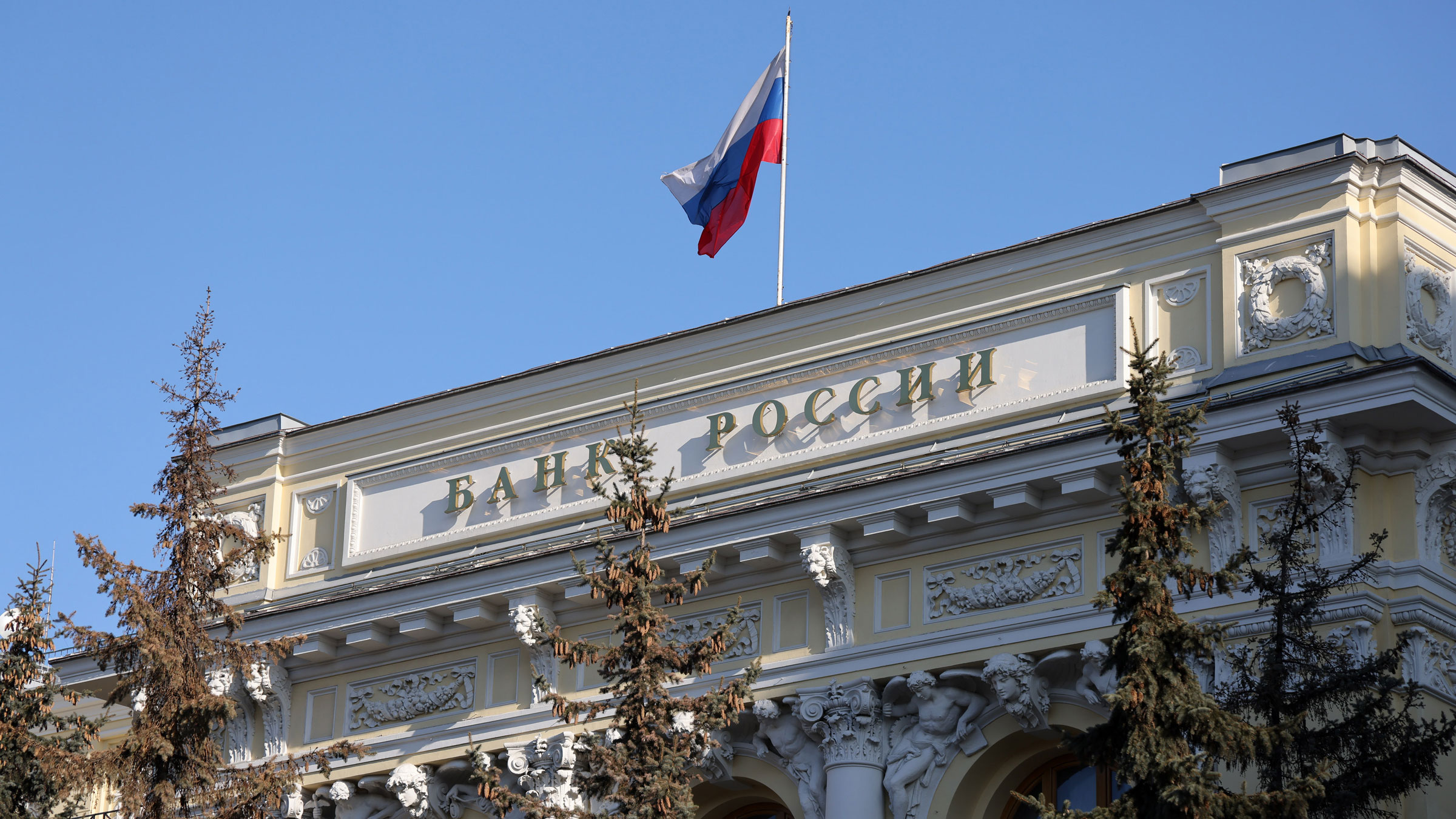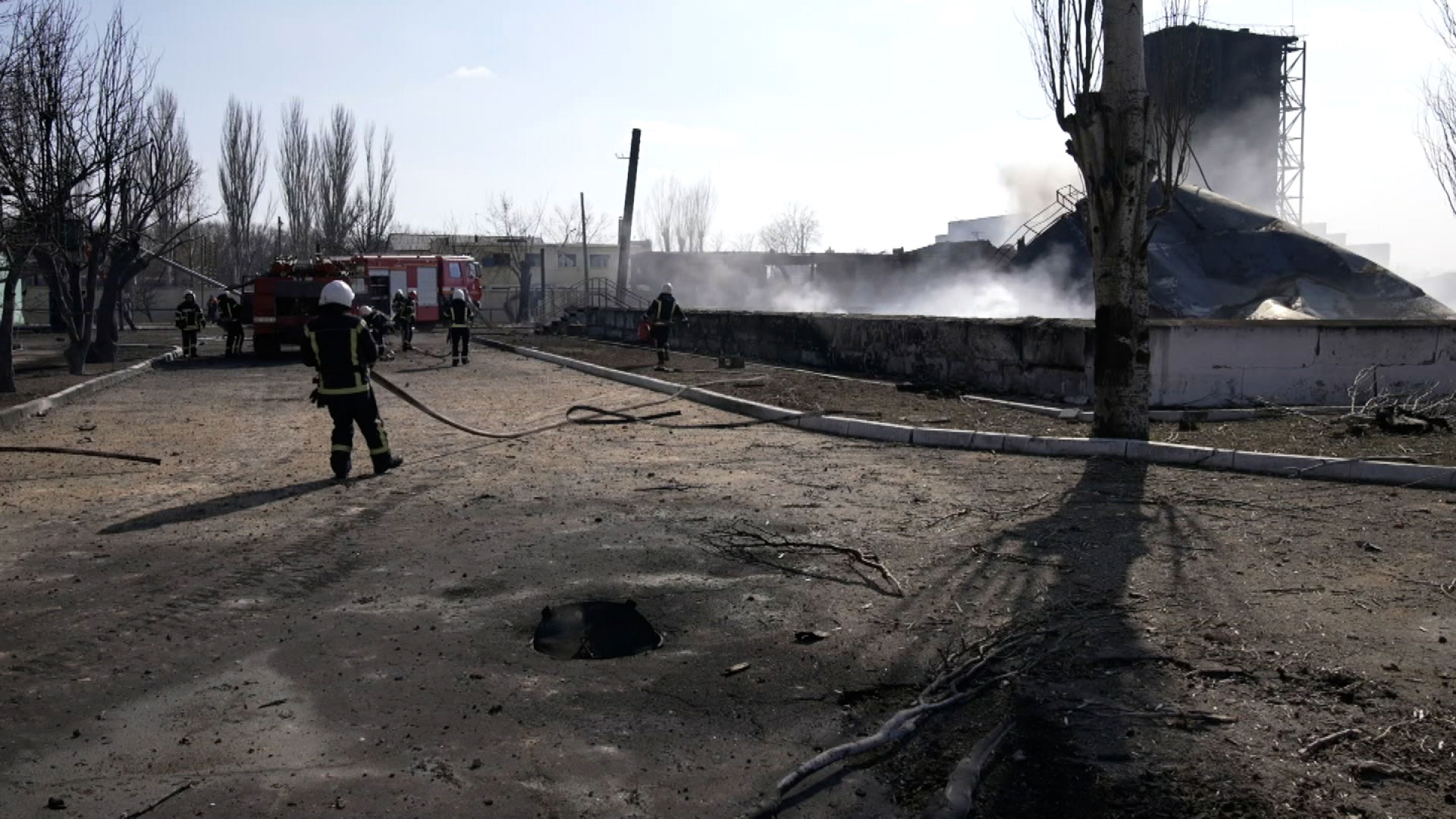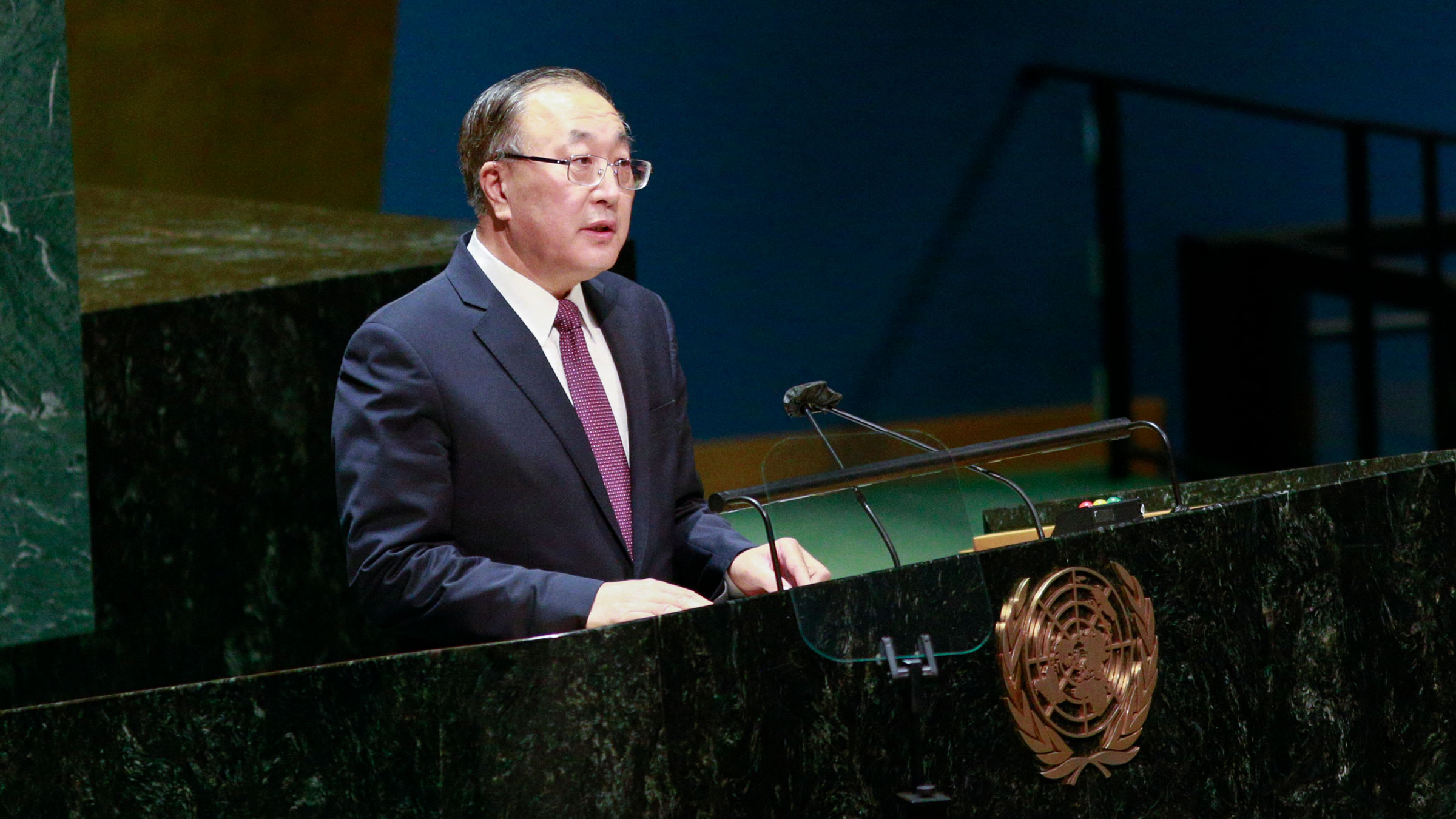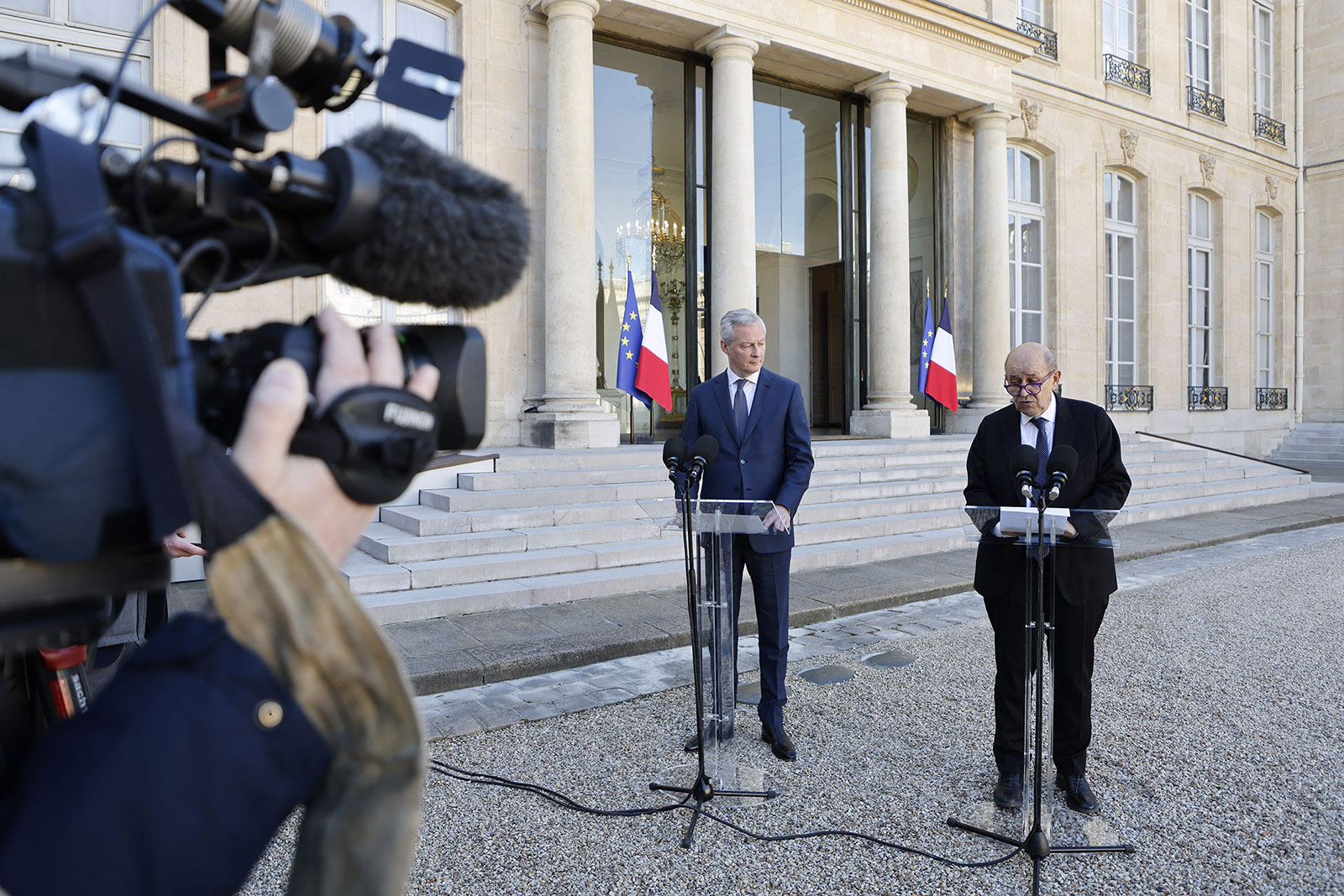
France is moving its embassy from Kyiv to Lviv, the country's Foreign Minister Jean-Yves Le Drian announced Monday.
"We have decided at the request of the President of the Republic to transfer our embassy, which until now has been in Kiev, and because of the risks and the threats on the Ukrainian capital, the embassy is transferred to Lviv towards the west. The ambassador remains in Ukraine to support our nationals and also the Ukrainian authorities,” Le Drian told CNN affiliate BFMTV.
“Threats were important enough to relocate,” the French foreign minister added.
After Russian President Vladimir Putin put deterrence forces, including Russian nuclear forces, on alert, Le Drian said, "It’s a useless, disproportionate threat."
"It’s a threat that he had already made on Feb. 24 when he announced the first operations. It’s a threat that he has just renewed," he said. "It’s a threat of escalation which makes no sense and that goes against the commitments made very publicly by Russia to measure major strategic risks at the beginning of 2022.”


